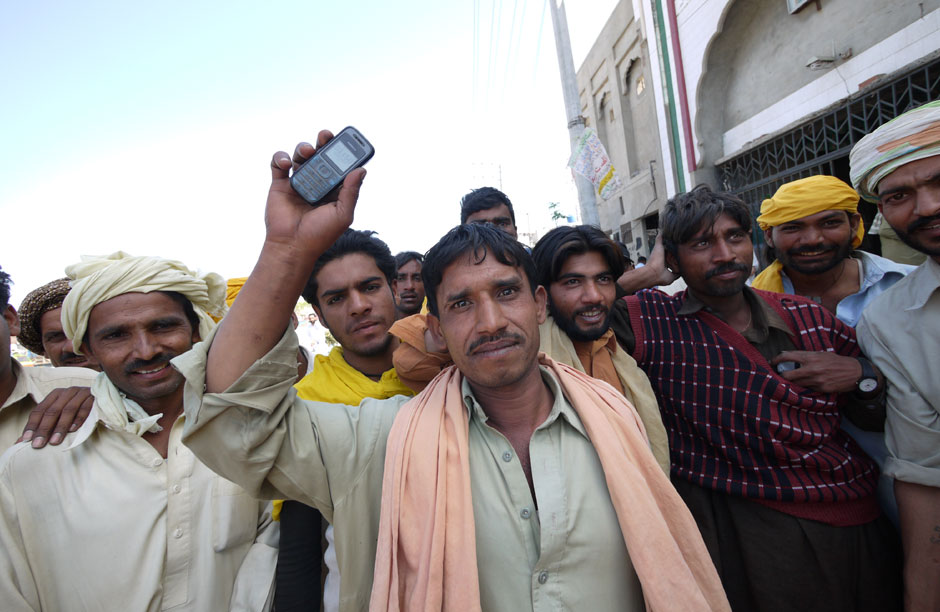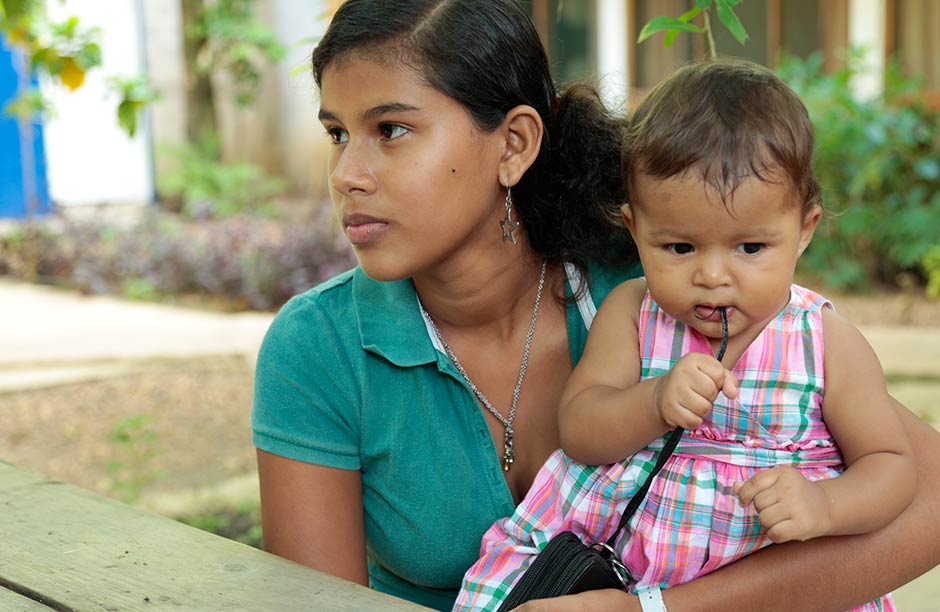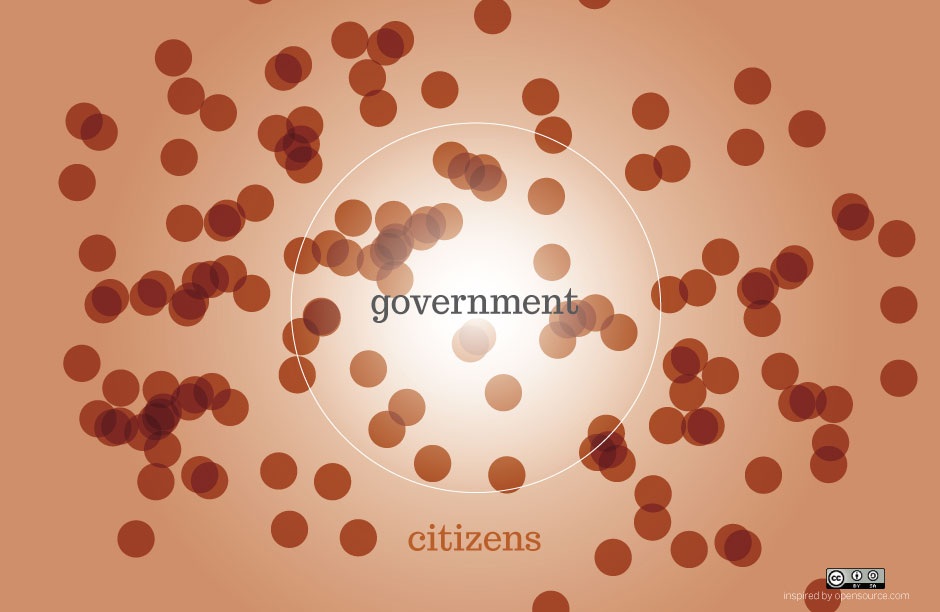Design Research
Designing Financial Inclusion in Pakistan
Those that follow this publication know that Reboot is passionate about improving the nature of transactions between citizens and the institutions meant to serve them. From Egypt to the United States to China, we are looking at how these interactions are changing, and how to design that change in a way that leads to improved outcomes.
This focus has led us to Pakistan, a country roughly the size of Chile that generates a disproportionate share of the world’s grim headlines. While we’ve only been here for under a week, our time thus far — spent between Karachi and Islamabad — belies the negative narrative dominating global consciousness. Pakistan certainly has a history of painful strife, yet there are countless reasons to be optimistic about its future. For one, the Pakistani government is serious about expanding access to basic services for a population that has been battered by conflict, natural disaster, and economic despair. For another, there is an able and sizable middle class eager to help steer their country towards positive growth.
Egypt: From Revolutions to Institutions
As Egyptians head to the polls for a historic constitutional vote, the world watches and waits to understand just how structural long-term changes to the country’s governance system will be. While mainstream media stories focus on admittedly appealing narratives of technology-enabled change, numerous groups and institutions continue to work outside the spotlight to build a new political structure.
Reboot’s focus is on understanding rapidly changing mechanisms of social interaction, and leveraging them for better societies. As practitioners at the intersection of governance, technology, and social science, we help our clients build effective programs and identify optimal investments that will lead to a better future. Developments in MENA in recent weeks provide many examples of the type of systemic change that is possible. Likewise, these events will prove instructive on the larger patterns of social change we are all observing.




